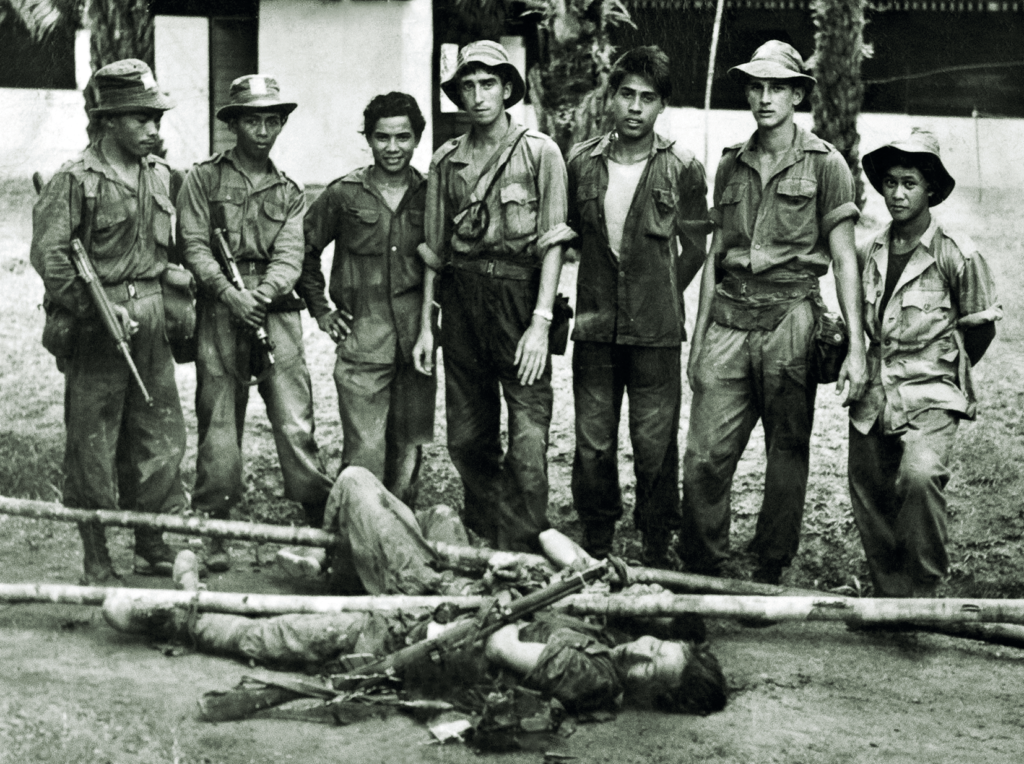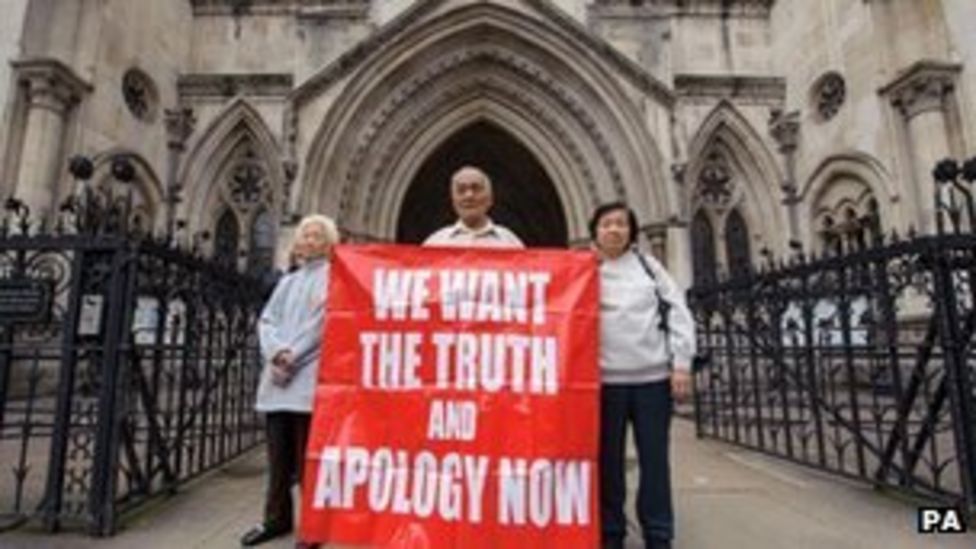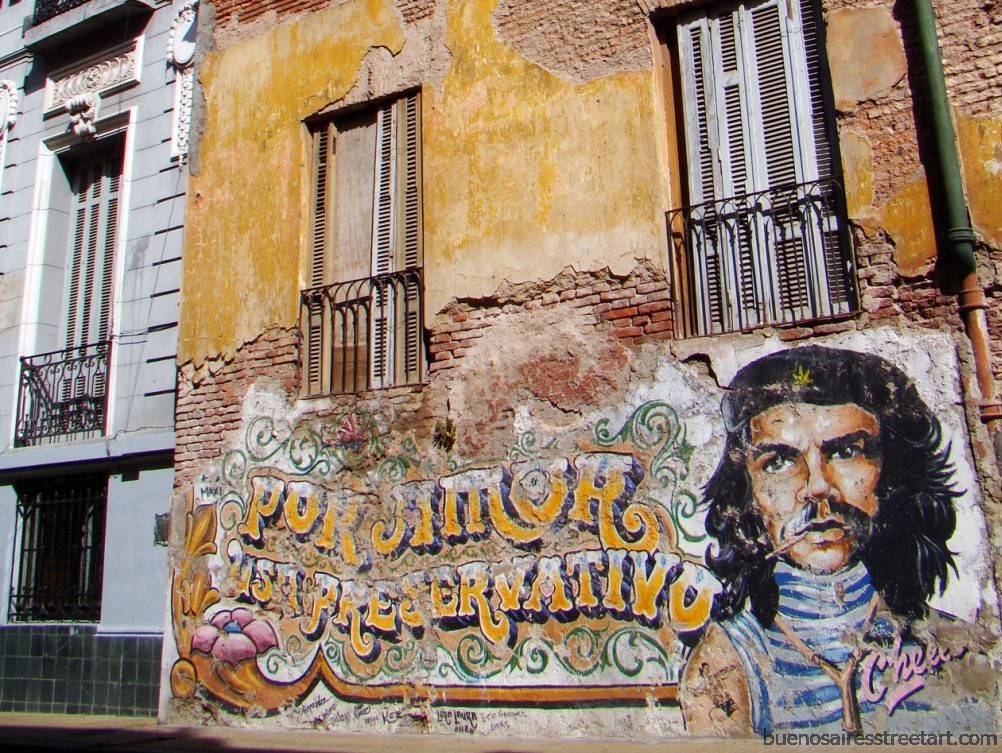
The Irish have the Ballymurphy massacre, the Indians have the Amritsar massacre, Malaysia has the Batang Kali massacre. All three injustices have eerily unsettling parallels – wanton brutality by the British in the name of suspicion and counterinsurgency. And this is not even touching on their atrocities in the African continent … and other parts of the world.
Batang Kali is in the state of Selangor where I was born. On December 12, news trickled from Malaysia about this being the 75th year of the ruthless Batang Kali killings – of innocent men whose kin continue to wait for British accountability. As a child, I’d heard my father and his Chinese friends talk about the incident in connection with the “Emergency” period in Malaysia when Britain was fighting against communist insurgents rebelling against British rule. Remembering Batang Kali again I seethed, not least because I’m in the very heart of Che Guevara country.

In December 1948, 24 unarmed Chinese men were rounded up and cold-bloodedly shot to death by British troops for being suspected “communist rebels”. In 1971, in Belfast, Northern Ireland, British troops swept through a predominantly Catholic area and killed ten protestors. But the British were already seasoned killers long before Batang Kali and Ballymurphy. In 1919 hundreds of unarmed non-violent Indians trapped in a square with no way of escape were killed similarly. Amritsar too awaits justice.
In all cases, the troops who perpetrated the massacres justified their atrocities by claiming they only shot at “terrorists”.
While Britain continues its amnesia of the Batang Kali massacre, relatives of the Malaysian victims are keeping up the fight for a public enquiry. In 2012, two senior judges at the High Court in London agreed in a written judgement that there was “evidence that supports a deliberate execution” of the 24 civilians shot dead in Batang Kali, but rejected the argument that the British government had a legal responsibility to hold an inquiry into the killings as the murders had happened more than 60 years prior. This decision should surprise no one. After all, the statute of limitation was used to prevent the prosecution of British soldiers caught on camera committing atrocities in Iraq in 2004 … because the case was only brought to public attention two years later.
In 2014, the Court of Appeal affirmed the High Court’s ruling on Batang Kali and in the following year, the Supreme Court delivered the same verdict. While rejecting calls for an enquiry, the Supreme Court found that evidence indicated that “wholly innocent men were mercilessly murdered” and that authorities had failed to properly investigate.
Finding no relief in the UK, the Malaysian families went to the European Court of Human Rights in Strasbourg, where in 2018, the case was again rejected on the grounds the massacre took place before the drafting of the European Convention on Human Rights.
In the current UK government, the echoes of historical injustices continue to resonate as senior ministers of Indian descent including prime minister Rishi Sunak, Suella Braverman and Priti Patel, grapple with a bloodied legacy of imperialism that refuses to fade into obscurity. Their actions disappointingly mirror the trend of cover-ups and denial that has sullied previous administrations.

